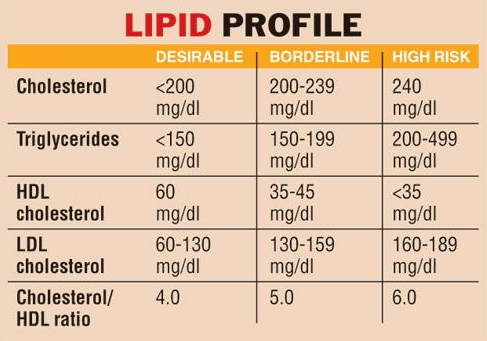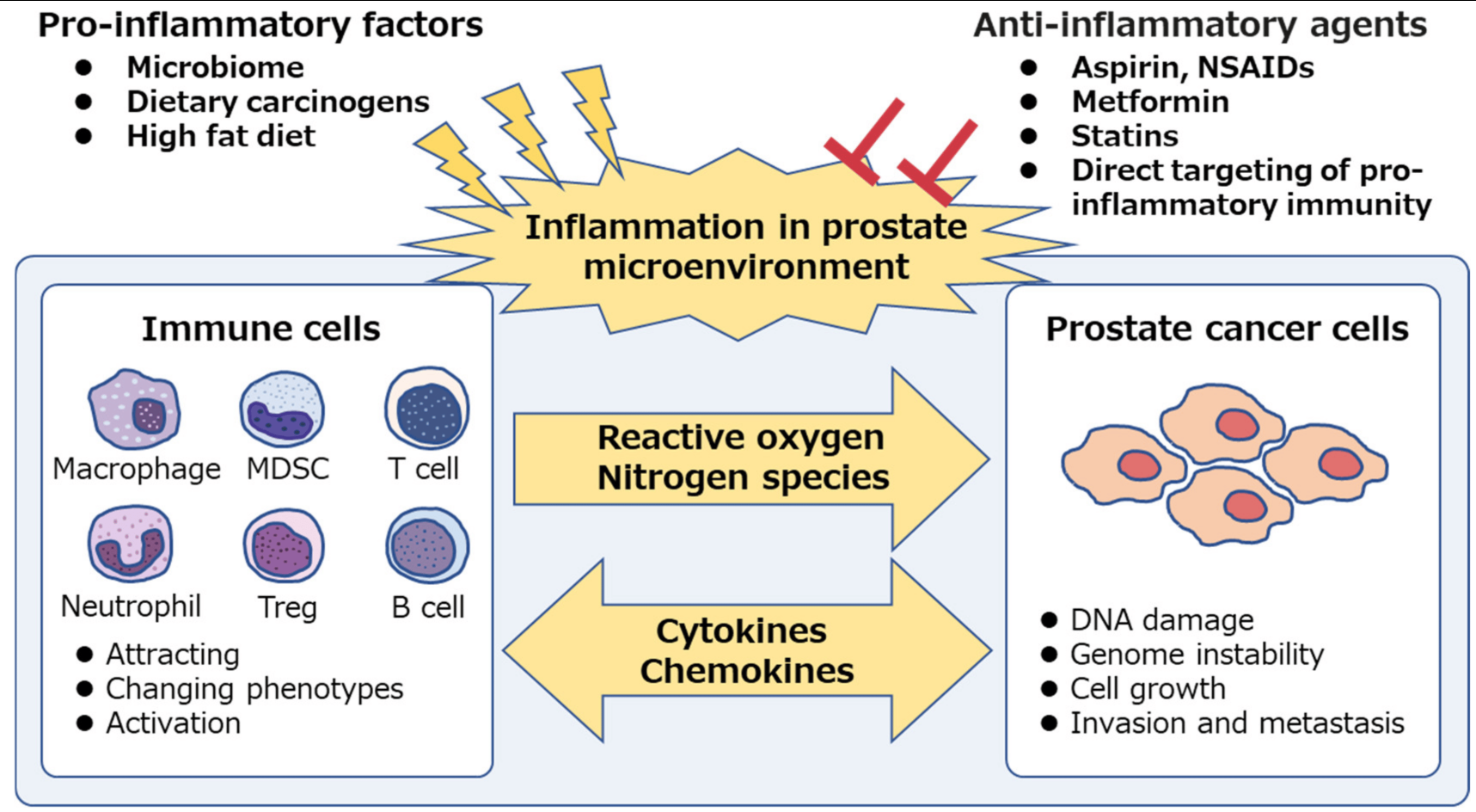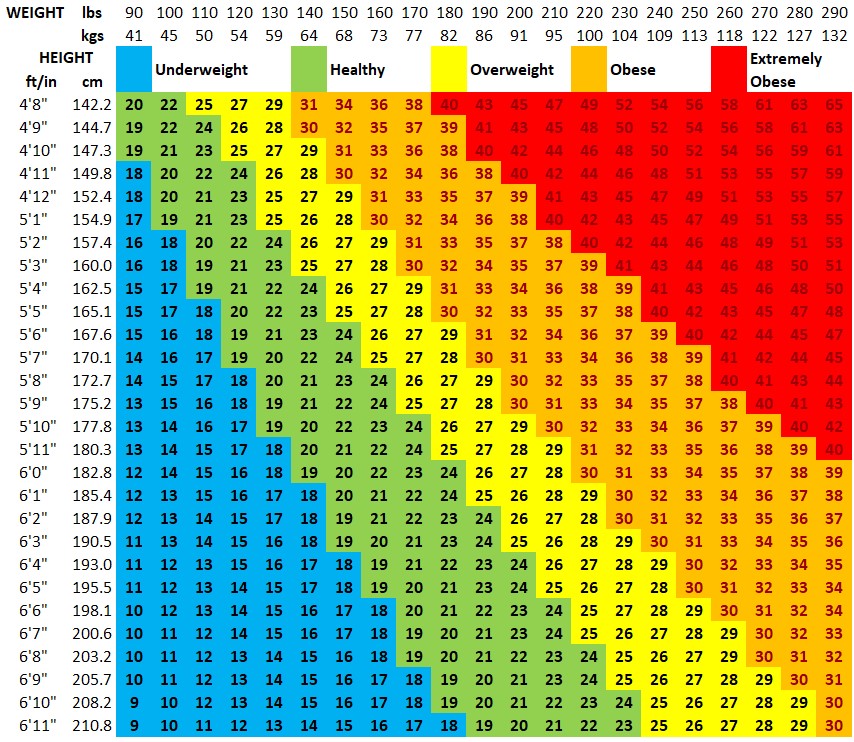Chia Seeds: Decoding the Superfood's Real Impact on Health
Posted on January 28, 2024 • 9 minutes • 1799 words
Table of contents
The document is a comprehensive systematic review and meta-analysis investigating the effects of chia seed supplementation on various health parameters.
Study Scope
Keypoint 1: The research focuses on the impact of chia seed supplementation on anthropometric measures, blood pressure, glycemic-related parameters, lipid profile, and inflammatory indicators.
The study’s scope is a critical aspect, as it sets the foundation for the research. It primarily focuses on evaluating the effects of chia seed supplementation on various health parameters. These parameters include anthropometric measures, which refer to the measurements and proportions of the human body, and are essential indicators of nutritional status and health risks. Blood pressure, a vital sign indicating the force of blood against artery walls, is also examined for potential changes due to chia seed intake. The study further explores glycemic-related parameters, crucial for understanding how chia seeds might affect blood sugar levels and diabetes management. Lipid profiles, which include cholesterol and triglyceride levels, are analyzed to determine the impact on cardiovascular health. Lastly, the study investigates inflammatory indicators, as chronic inflammation is linked to numerous health conditions. By covering these diverse health aspects, the study aims to provide a comprehensive understanding of the health implications associated with chia seed consumption.
Methodology
Keypoint 2: The study adheres to PRISMA guidelines and includes randomized controlled trials (RCTs) involving human participants.
In the study, the methodology adheres to the PRISMA (Preferred Reporting Items for Systematic Reviews and Meta-Analyses) guidelines. PRISMA is a widely recognized standard for conducting and reporting systematic reviews and meta-analyses, ensuring a rigorous and transparent approach. This methodology includes the inclusion of randomized controlled trials (RCTs), which are considered the gold standard in clinical research for their ability to minimize bias and establish causality. RCTs involve randomly allocating participants into either the group receiving the intervention (in this case, chia seed supplementation) or a control group. By adhering to PRISMA guidelines and focusing on RCTs, the study aims to provide high-quality, reliable evidence on the effects of chia seeds on human health. This methodological rigor is crucial for drawing accurate and meaningful conclusions from the research.
Data Collection
Keypoint 3: Comprehensive searches were conducted across multiple databases, including PubMed, Scopus, and Web of Science, up to June 2023.
In this research, a comprehensive data collection process was undertaken, involving searches across multiple databases, including PubMed , Scopus , and Web of Science . These databases are renowned for their extensive repository of scientific and medical literature, providing a broad range of high-quality academic papers.
| Data collection process |
|---|
 |
PubMed is a free search engine accessing primarily the MEDLINE database of references and abstracts on life sciences and biomedical topics. Scopus, known for its extensive citation and abstract data from peer-reviewed literature, and Web of Science, an authoritative source for citation data, are integral in collating a comprehensive set of relevant studies. This meticulous search, conducted up to June 2023, ensures the inclusion of the most recent and relevant studies, thus enhancing the reliability and validity of the research findings.
Participants
Keypoint 4: In total, 14 clinical trials comprising 729 participants were included in the meta-analysis.
The study incorporates a substantial participant pool, encompassing a total of 14 clinical trials with 729 participants. Clinical trials are a critical component in medical research, involving human volunteers to test new treatments and therapies.
| Participants |
|---|
 |
The number of participants and the diversity of trials included in a study are significant as they directly impact the statistical power and the generalizability of the results. Involving a larger and more diverse participant pool increases the likelihood that the findings are representative of a broader population, thus enhancing the validity and applicability of the research outcomes. The inclusion of multiple trials also allows for a more comprehensive analysis, taking into account different methodologies and participant demographics, further enriching the study’s conclusions.
Findings on Blood Pressure
Keypoint 5: Chia supplementation significantly reduced both systolic and diastolic blood pressure, although with high study heterogeneity.
In the context of blood pressure, a key health parameter, the impact of specific interventions is crucially important. Blood pressure, measured in terms of systolic and diastolic pressures, represents the force of blood against the walls of the arteries. Systolic pressure is the higher number indicating the pressure while the heart beats, and diastolic pressure, the lower number, represents the pressure when the heart is at rest between beats.
| Blood pressure table |
|---|
 |
Effective management of both systolic and diastolic blood pressure is vital for cardiovascular health. Variations in these measurements can be significant indicators of health issues, such as hypertension. Therefore, interventions that can significantly reduce these measures are of great interest in clinical research and public health. However, the heterogeneity in study results is a critical factor, as it reflects the variability in outcomes across different studies and populations, underscoring the complexity of interpreting and applying these findings to broad, diverse populations.
Glycemic Parameters
Keypoint 6: The analysis showed no significant effect of chia supplements on fasting blood glucose, HbA1c, or insulin levels.
In the realm of glycemic control, understanding the influence of various interventions on blood glucose levels is crucial. Glycemic-related parameters like fasting blood glucose , HbA1c (a marker of long-term glucose control), and insulin levels are central to diabetes management and overall metabolic health. Fasting blood glucose is the concentration of glucose in the blood after abstaining from food for a certain period, usually overnight.
| Glycemic index (GI) and load (GL) of different food |
|---|
 |
It’s a key indicator of a person’s glucose regulation ability. HbA1c, on the other hand, provides an average of blood glucose levels over the previous two to three months, offering a broader view of glycemic control. Insulin, a hormone produced by the pancreas, plays a critical role in regulating blood glucose levels. Interventions that show no significant effect on these parameters suggest that their influence on short-term and long-term blood sugar regulation might be limited or variable among different individuals or under specific conditions. Understanding these nuances is essential for accurately assessing the effectiveness of dietary supplements or interventions in managing or improving glycemic control.
Lipid Profile
Keypoint 7: Chia supplementation had a significant effect on reducing total cholesterol, LDL cholesterol, and triglycerides, with varying degrees of study heterogeneity.
The lipid profile is a critical marker of cardiovascular health, encompassing various fats and cholesterol levels in the blood. Key components include total cholesterol , LDL cholesterol (often referred to as “bad” cholesterol), and triglycerides .
| Lipid profile table |
|---|
 |
Total cholesterol is a measure of all cholesterol types in the blood. LDL cholesterol is known for its role in the buildup of arterial plaque, leading to atherosclerosis and increasing the risk of heart disease and stroke. Triglycerides are a type of fat found in the blood, with high levels often linked to increased risk of cardiovascular diseases. Interventions that effectively reduce these components can significantly contribute to better heart health and reduced risk of related diseases. However, the degree of heterogeneity in study results indicates variations in the efficacy of these interventions, influenced by factors like demographics, lifestyle, and genetic predispositions. Understanding these variations is crucial in evaluating the effectiveness of dietary supplements and lifestyle changes in managing or improving cardiovascular health.
Inflammatory Factors
Keypoint 8: No significant effect was observed on inflammatory markers such as high-sensitivity C-reactive protein, tumor necrosis factor-alpha, and interleukin-6.
Inflammatory markers, like high-sensitivity C-reactive protein (hs-CRP) , tumor necrosis factor-alpha (TNF-α) , and interleukin-6 (IL-6) , are crucial in assessing the body’s inflammatory response, which is linked to various health conditions. Hs-CRP is a substance produced by the liver in response to inflammation.
| Inflammatory factors |
|---|
 |
Elevated levels can indicate inflammation and an increased risk of heart disease. TNF-α is a cell signaling protein (cytokine) involved in systemic inflammation, playing a key role in regulating immune cells. IL-6 is another cytokine that stimulates immune response and inflammation. The absence of significant effects on these markers in certain interventions suggests a limited impact on systemic inflammation, which is a key factor in various chronic diseases. Understanding the relationship between dietary supplements and these inflammatory markers is vital in assessing the potential benefits and limitations of such interventions in managing or preventing inflammation-related conditions.
Anthropometric Measures
Keypoint 9: Chia supplementation did not significantly impact body mass index (BMI), body weight, waist circumference, or body fat.
Anthropometric measures, like body mass index (BMI) , body weight, waist circumference, and body fat percentage, are critical in evaluating an individual’s health status, particularly in relation to obesity and related health risks. BMI is a widely used measure to classify individuals based on weight relative to height, indicating whether a person is underweight, normal weight, overweight, or obese. Body weight and waist circumference are direct measures, with waist circumference being particularly indicative of visceral fat, a significant risk factor for metabolic diseases.
| BMI chart |
|---|
 |
Body fat percentage, on the other hand, provides a more detailed insight into body composition. The absence of significant impacts of certain interventions on these anthropometric measures suggests a limited or variable effectiveness in influencing body composition, weight management, or obesity-related risks. This understanding is essential for assessing the role of diet and supplements in weight management strategies and overall health improvement.
Subgroup Analysis
Keypoint 10: The study also performed subgroup analyses based on treatment duration, type of supplementation, and dosage, revealing varying effects of chia supplementation on different health parameters.
Subgroup analysis in scientific research is a method used to explore how different groups within a study population might respond differently to an intervention. It involves dividing participants into subgroups based on certain characteristics or conditions, such as age, gender, dosage of an intervention, or duration of treatment. This approach is valuable as it can reveal more nuanced effects that might not be apparent in the overall study findings. For example, a subgroup analysis could show whether a supplement like chia seeds has varying effects on health parameters in different age groups or at different dosages. This type of analysis is crucial for understanding the full spectrum of an intervention’s impact, tailoring recommendations to specific populations, and guiding future research directions.
Conclusions
The study’s overall conclusions suggest that chia seed supplementation has beneficial effects on certain health parameters but not on others. It significantly reduces blood pressure and improves lipid profiles, including lowering total cholesterol, LDL cholesterol, and triglycerides. However, it shows no substantial effect on glycemic-related parameters such as fasting blood glucose, HbA1c, and insulin levels. Additionally, chia seeds do not significantly impact anthropometric measures like BMI, body weight, and waist circumference, nor do they notably affect inflammatory markers. The study’s findings highlight the specific areas where chia seeds can be beneficial, while also clarifying the limits of their health impact.
References
Share
Tags
Counters

